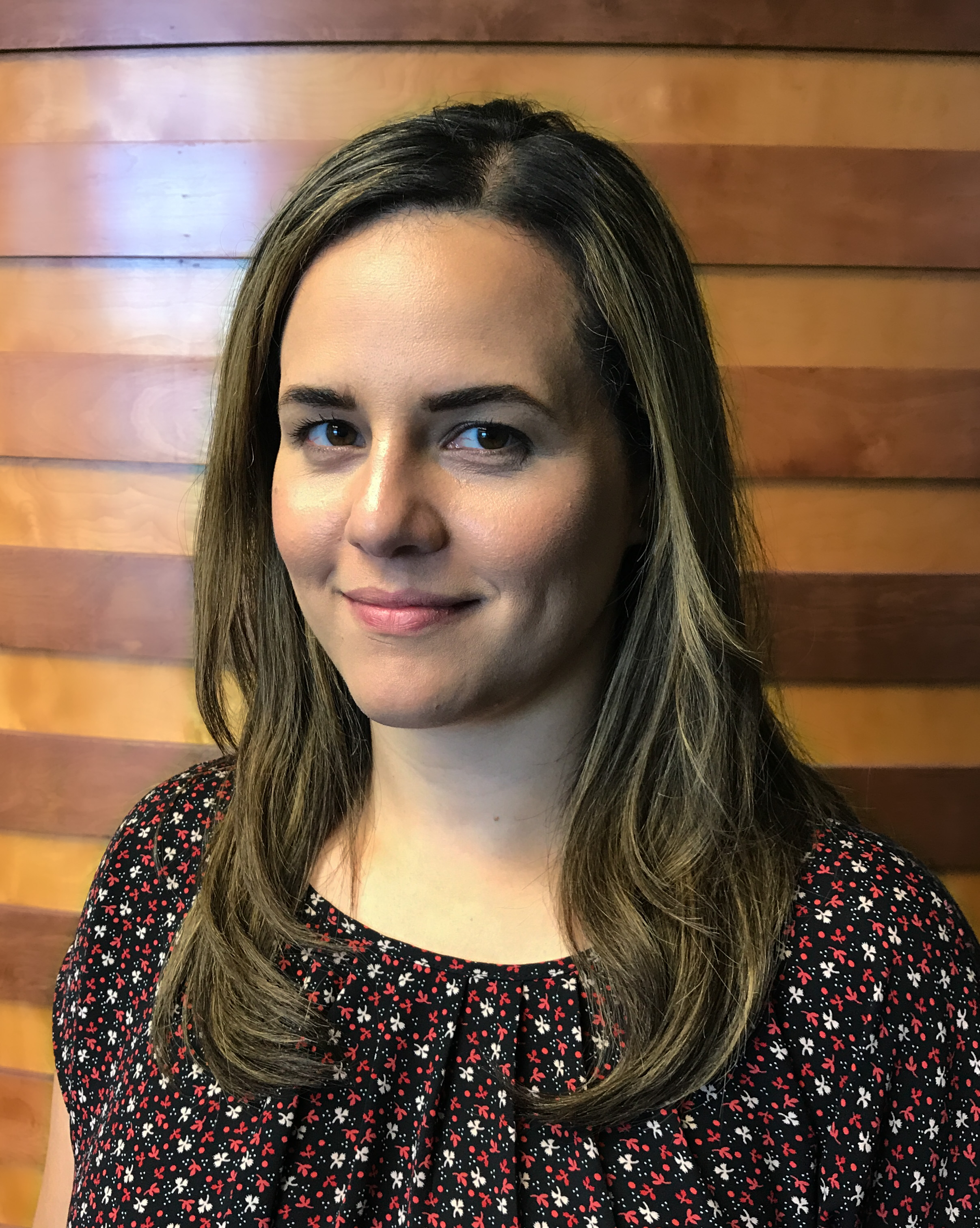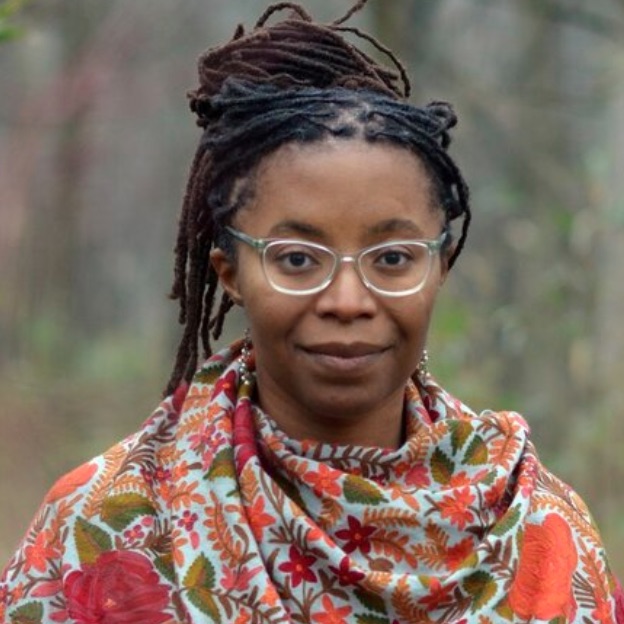CANCELLED: What Can I Do With an ENS Degree? Speaker Series
Due to university closure throughout the rest of the Spring semester, What Can I Do With an ENS Degree? Speaker Series has been cancelled
Winifred Bird is a journalist and translator in northwestern Illinois. Her central interest as a writer lies in nature and our place within it. She has reported on wildlife, agriculture, nuclear disaster, sea level rise, and many other topics for a wide range of national publications. You can view a few of her favorite projects by clicking on these links.
For close to a decade, she lived in rural Japan, where she divided her time between writing, growing organic rice and vegetables, and absorbing a second culture. She returned to the United States in 2014, and currently lives in a small town on the banks of the beautiful Rock River.
In addition to writing, she works as a Japanese-to-English translator and editor, primarily of academic texts in the humanities and young adult fiction. From 2009 to 2015 she was the translator and English-language editor for japan-architects.com, an online directory of contemporary architects. She frequently writes about architecture and design for Dwell and Interior Design.






